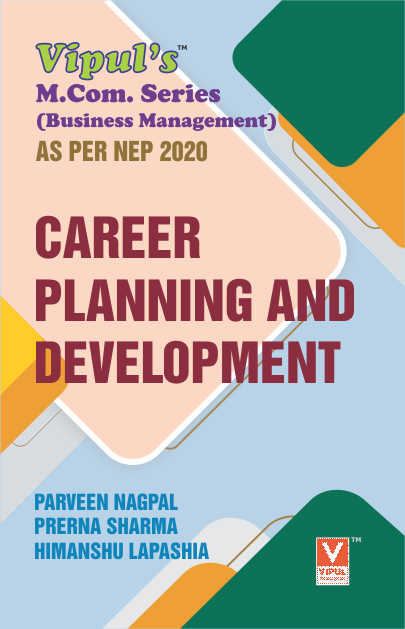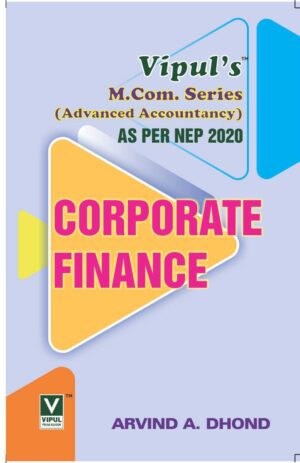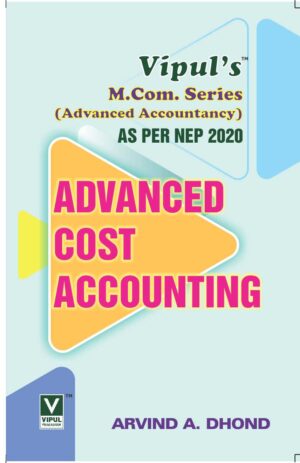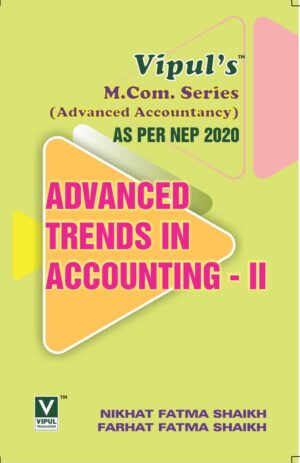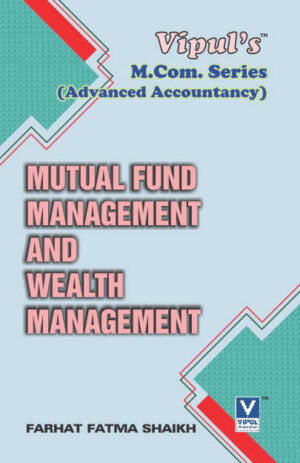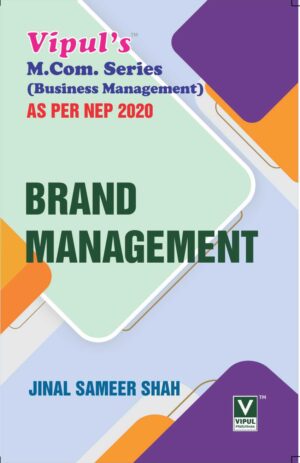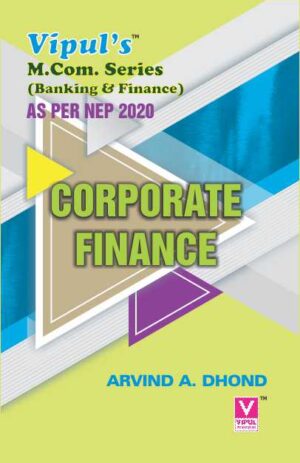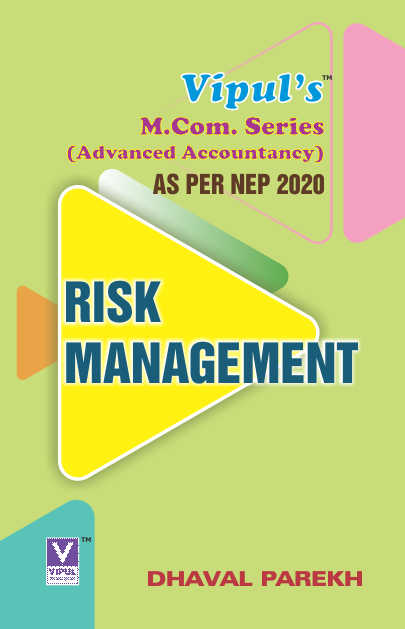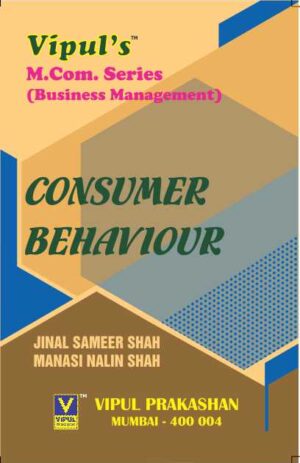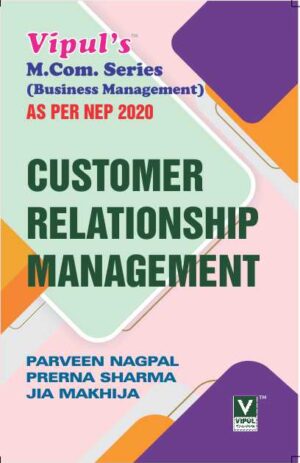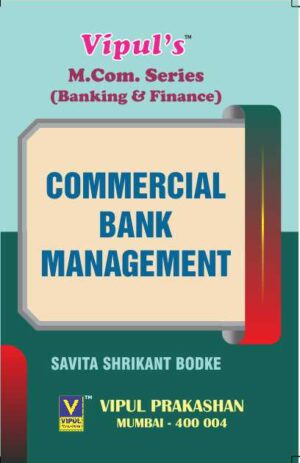Career Planning and Development (As per NEP 2020)
₹190.00
MCOM PART I — SEMESTER – II
Author: Parveen Nagpal
Prerna Sharma
Himanshu Lapashia
SECOND REVISED EDITION 2025
Description
SYLLABUS
MODULE – I:
(1) Career Planning:
- Career Planning, Steps Involved in Looking for a Job – Career Search, Self-Assessment Tools.
(i) Self-Awareness – Learning Skills, Listening Skills, Honestly, Strengths and Weakness, Risk Taking Ability.
(ii) Ability Assessment – Communicative Skills, Technical Skills, Competitive Skills, Social Creative and Managerial Skills.
(iii) Personality – Personal Characteristics / Traits
(iv) Work Value
- Curriculum Vitae, Essentials of Good CV, The Resume – Types of Resumes, Resume Guidelines, Use of Computer in Generating Resume, Use of Chat GPT and AI (Artificial Influence) in Developing Resume. Resume Checklist Content – Career Objective, Education, Personal Interest, Skills and Knowledge.
(2) Career Search and Interview:
- Career Guidance Sources – Newspaper, Magazine, Internet, Career Information Literacy.
- Interview – Meaning, Typing of Interview-Business Interview, General Interview, Mock Interview, On Job Interview, Appraisal Interview, How to Prepare for Interviews?
MODULE – II:
(3) Requisites for Attending Interviews:
- (i) Before attending Interview – Revision, Confidence, Sleep and Rest, Dress.
(ii) In Waiting Room Starting of Interview – Interaction with Other Aspirants, Proper Sitting Space, Relax, Cordial Behavior.
(iii) In Interview Room: (1) Etiquettes and Manners (2) Body Language (3) Eye Contact (4) Speech and Voice (5) Expressions and Posture (6) Civil Courtesy.
- Knowledge of the Place of Interview and Impediments if any, Rational Approach and Not Emotional Avoid Sweeping Statements, Exaggeration, Tall Claims, False Impression, False Reasons, Ignorance, Impulsive Nature, Don’t Dominate, Honesty, Unprejudiced, Speaking Manner, Attitude, Be Good Listener, Talk but don’t be Talkative Approach.
(4) Career Development:
- Work Life Balance, Talent Mindset, Employee Value Proposition, Wealth and Rewards.
- Johari Window, Perceptiveness – Improving Listening Skills, Understanding Gestures of Other, Analysing What People Want to Say, Significance of Soft Skills in Career Development.

